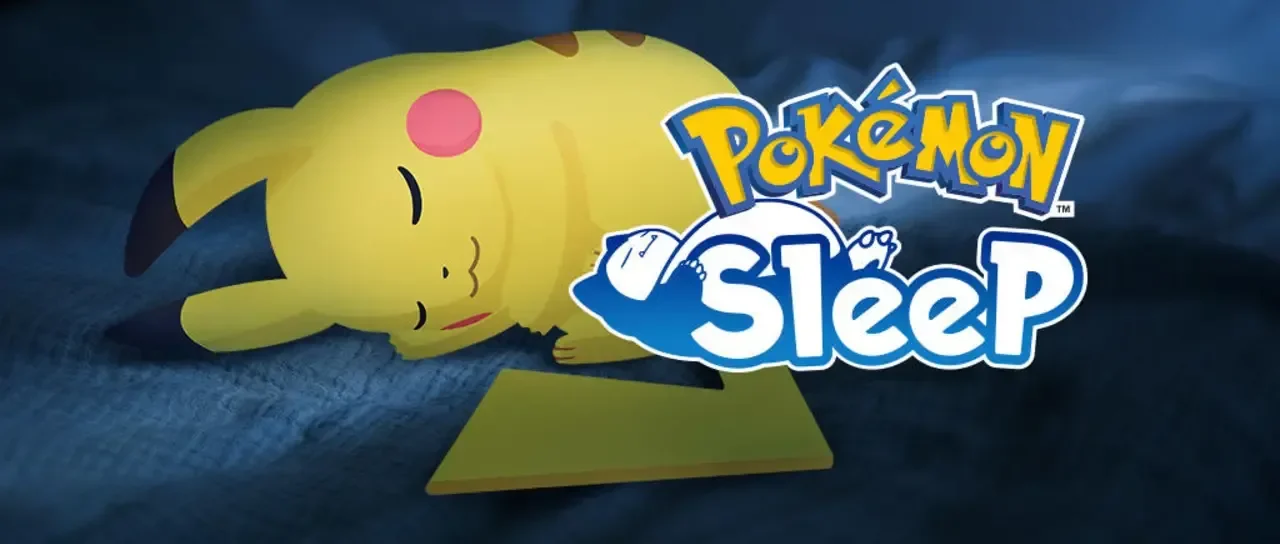Resting my case: Do video games help you sleep?
Are you struggling to sleep post-exams like me? I have completely ruined my sleep schedule with all the late-night revision sessions. So, join me in trying out some gaming solutions for those sleepless nights.
- Pokémon Sleep
An easy-to-use and free app, Pokémon Sleep allows you to catch Pokémon in your sleep — better nights of sleep mean more Pokémon! I will admit: I have little Pokémon knowledge. I doubt the app is very scientifically accurate in tracking sleep (it works off how much noise you make sleeping). However, the Pokémon hold me accountable, and I feel bad for leaving potential Pokémon behind. You wake up and get to see which ones are hanging about in the specific area you chose to sleep in. Then, before you go to bed, you lay down incense to increase your chances of catching more Pokémon. Throughout the day, you also have to feed your Snorlax — who sleeps in the middle of each area — three meals a day. Part mobile pet, part sleep aid. Guilt-driven, but very effective.
These two are so effective that I struggle to play them during the day without ending up asleep
- Tiny Glade and Townscaper
If management or building games are more your style, but you want something that is not too serious before sleep, games like Tiny Glade and Townscaper could be a tranquil option. These two games focus on the building aspect of the games. They keep the UI design simple, focusing on the building aspect. You can make tiny, cute cottages, seaside villages, and little toy castles. These two are so effective that I struggle to play them during the day without ending up asleep.
- ASMR gaming
An alternative to actual gaming – because sometimes my fingers are too tired to move – is watching or listening to gaming content that helps you sleep. I will come clean: I love a bit of ASMR (Autonomous Sensory Meridian Response), and one of my favourite YouTubers, Jubilee Whispers, records quiet gaming videos on a range of games — from walking tours of Assassin’s Creed to peaceful puzzle games like Snufkin: Melody of Moominvalley (which has recently released some new DLC!) I find the gentle background noise soothing.
You may be worried: do video games do more harm than good? Let us turn to science. Video games are now one of the highest-earning entertainment industries — having surpassed music and film — and they require a wide range of creative talents for production. Sleep scientists Sara Peracchia and Giuseppe Curcio conducted a study in 2018 and analysed how video games impact our sleep and memory. Studies from across the genre of sleep and video games have warned us that games can lead to higher levels of anxiety and depression, anti-social behaviour, and even a loss of empathy due to changes in our sleep patterns.
The media often links video games with an increased risk of obesity, but it does not consider how video games could help us develop healthier habits. Games can not only enhance problem-solving skills in young people, but they have also been used to combat cognitive decline in people aged 50 to 80 years old.
In their study, published in Sleep Sci, Peracchia and Curcio found that “people that play classic VGs (video games) tend to show significant behavioural consequences such as erroneous eating habits, BMI increase, and increased risk of obesity in both males and females, and independently of age. On the contrary, people who play exergames tend to show some health benefits, such as improved physical fitness, significant weight loss, and enhanced enjoyment.”
The small number of studies weakens our current understanding of how video games impact sleep patterns
This study by Peracchia and Curcio concludes that media consumption before sleep can further delay bedtime. Exposure to video games during the pre-sleep phase can be particularly harmful to teenagers, whose sleep patterns are already changing as they grow. A long night of video game exposure could have more serious effects than we realise, especially for adolescents who may begin to struggle with basic cognitive tasks the next day. However, any lengthy media consumption during late-night hours could also have these effects, not just specifically video games.
The research in this field remains limited. The small number of studies weakens our current understanding of how video games impact on sleep patterns. Peracchia and Curcio highlight in their conclusion that the available data cannot be relied upon due to small sample sizes, inconsistent methods of measuring the sleep, video game correlation, and the homogeneity of participants – most of whom are younger, as they tend to show more interest in video games.
Futhermore, these studies rarely take into account game genres. In their study, Peracchia and Curcio used adolescent males who played Call of Duty 4: Modern Warfare. Compare this to my mum playing The New York Times’ Wordle, and my little sister playing Genshin Impact before she goes to bed. This will likely result in very different impacts on their sleep. Therefore, how can a sample from one small part of the gaming world represent everyone else who relies on video games for better sleep?
It is also important to remember that this data can be inaccurate due to the many other environmental factors that affect our sleep such as stress, exposure to noise, and daily routines. With all these factors at play, it is difficult to isolate the exact impact that video games have on our sleep patterns. At least for now, studies cannot truly encapsulate how video games affect our sleep. So, if they work for you, or you want to try out a relaxing game, give my recommendations above a shot!

Comments